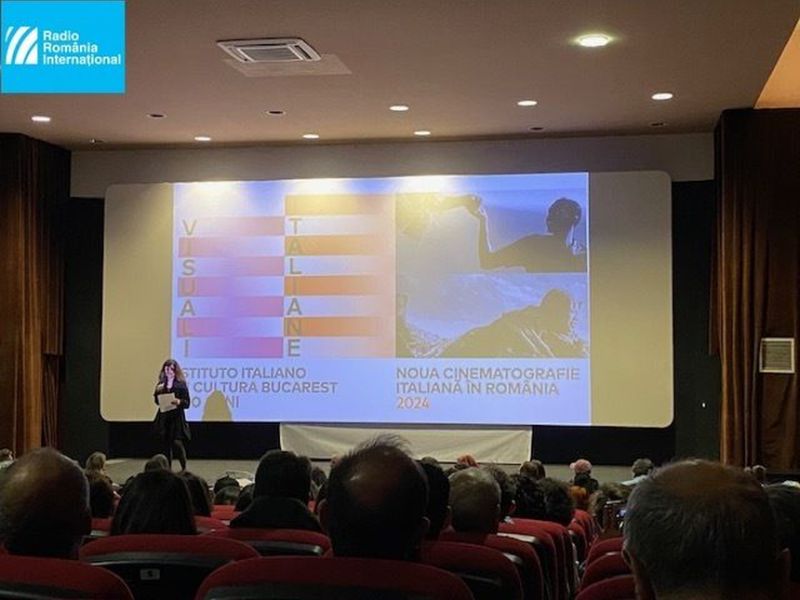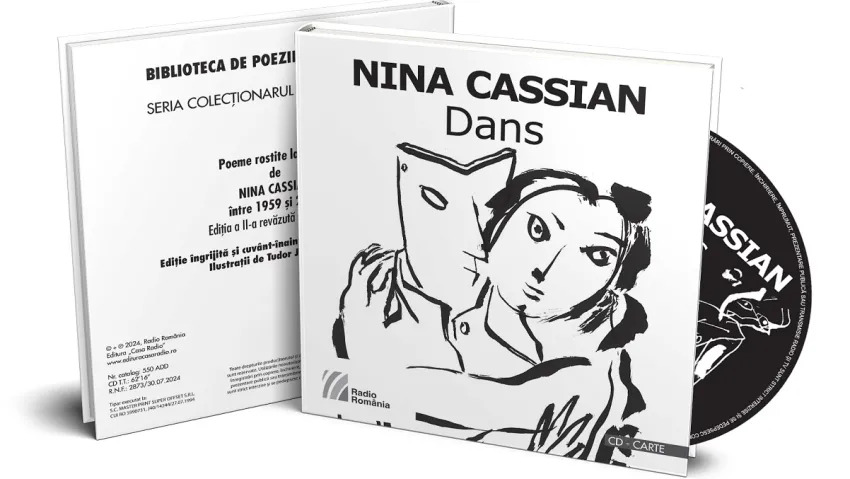Bucharest International Literature Festival
The inaugural evening of the Bucharest International Literature Festival was hosted by the Peasant Club in Bucharest
Warning: Trying to access array offset on null in /home/web/rri.ro/public/wp-content/themes/rri/template-parts/content.php on line 53

Warning: Trying to access array offset on null in /home/web/rri.ro/public/wp-content/themes/rri/template-parts/content.php on line 98
România Internațional,
04.10.2014, 13:56
The inaugural evening of the Bucharest International Literature Festival, an early December event hosted by the Peasant Club in Bucharest, started off from one of Israeli writer Zeruya Shalev’s novels, “Husband and Wife”, a book whose Romanian version was brought out by the Polirom Publishers. “Noted for her debut novel, Love Life, Israeli native Shalev plays confidently with the themes of jealousy, accumulated grievances, and resentments,” Library Journal writes. And Publishers Weekly also makes mention of Zeruya Shalev’s performance. ”Shalev has created a novel entirely devoid of standard dialogue, choosing instead to convey snatches of conversation, arguments and whispers of love in stream-of-consciousness prose.” In the novel, characters Udi and Naama are two people who had been growing side by side, yet somewhere along their journey communication between them seems to have broken down, and their life together, jointly with their daughter Noga is now torn by jealousy, fury and guilt. Little by little it turns out that the entire foundation their marriage had been built upon was a very frail one, and the image of their idyllic teenage love was just an illuson.
The four guests in the Festival, two writers couples, Zeruya Shalev and Ayal Megged from Israel and Cecilia Stefanescu and Florin Iaru from Romania, respectively, were actually asked, among other things, why being unhappy has a more powerful creative potential than being happy. It was also a couple who moderated the discussion, poet Adela Greceanu and journalist Matei Martin. Ayal Megged is the recipient of a string of literary prizes, including the Macmillan prize for fiction. He is a journalist, a poet, a prose writer, and also a teacher of creative writing.
In writer Cecilia Stefanescus books, being unhappy seems to be more frequent than being happy.
“Dramatic situations engender conflict and enjoy diving into these conflicts. Unhappy circumstances force you to take out all your masks. I did not give up on all my illusions, but I did let go of the illusion that happiness lasts. Happiness is a split second, it does not last. We would become unhealthy, we would suffer terribly if we were happy forever.”
Writer Florin Iaru shares that opinion. In writing, being unhappy is more productive than being happy.
“It’s a matter of grammar. In grammar, happiness is restrictive, it only has adjectives, it only has qualities. We pursue happiness, whatever the costs. However, happiness is static, it lacks conflict, so it cannot possibly develop a dramatic nucleus. Secondly, readers are consumers of unhappiness. It makes them happy, it gives them aesthetic satisfaction. So if readers look for unhappiness, writing about it pays off, and authors know that all to well.”
The talk further developed into no less interesting questions. What are the advantages of a marriage between writers? To what extent is there admiration, to what extent is there understanding, how much of that is competition or envy, in a couple where both members are writers? What traumas can literature bring to a marriage?
The Bucharest International Literature Festival gave literature lovers from Bucharest the opportunity to meet notable personalities in European literature today, coming from countries such as Great Britain, Israel, Croatia, Hungary, Serbia, Jamaica and Romania.






























